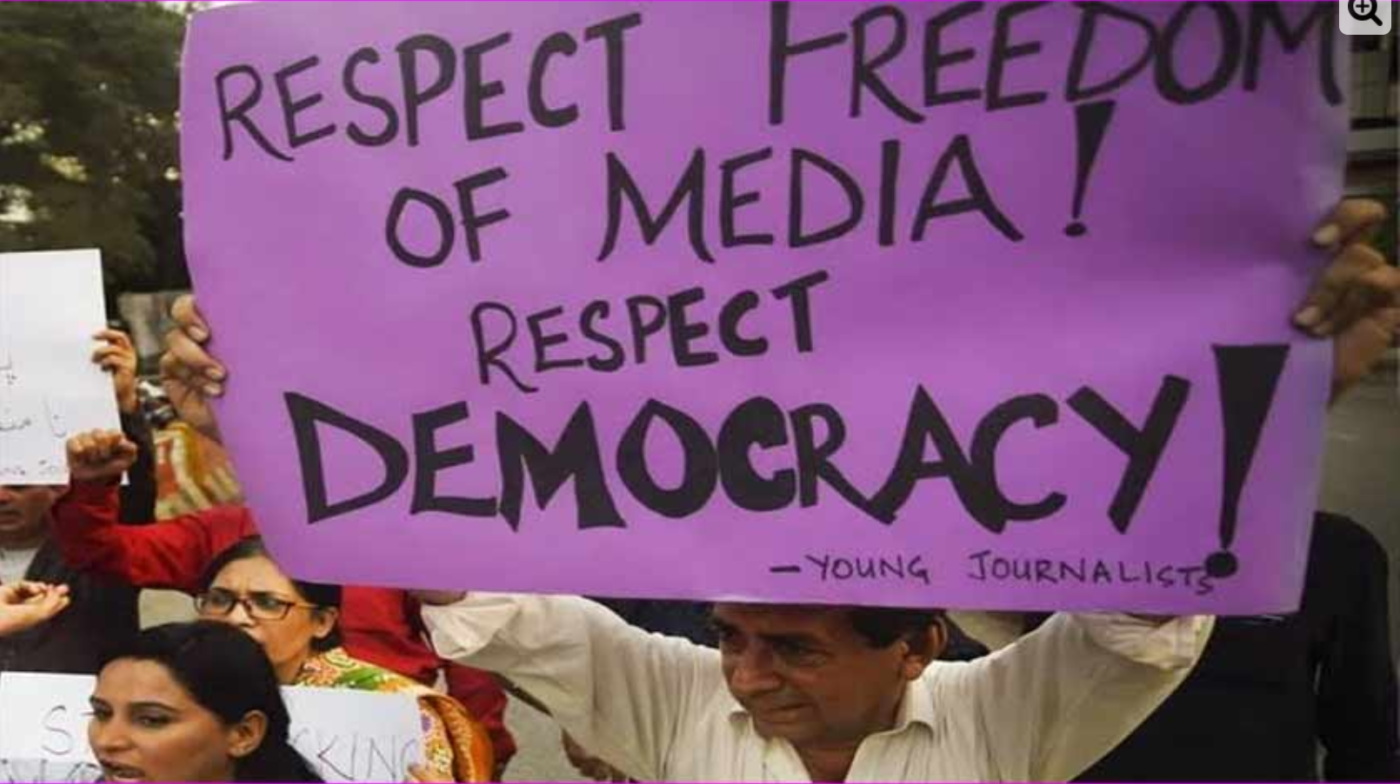
For a country that was founded on the principle of the right to freedom of speech and expression for all communities, the Pakistani state has rarely practiced these freedoms. The proposed Senate resolution that seeks to ban on all social media in the country demonstrates the extent to which the deep state seeks to exert control over any difference of opinion or dissent.
The country’s leading human rights watchdog, the Human Rights Commission of Pakistan (HRCP) issued a strong statement opposing this move warning “members of the Upper House that any such ill-judged measures that violate people’s constitutional right to freedom of expression also represent an erosion of democracy. In the first instance, such a resolution is as nonsensical as it is impractical. With social media platform X having been shut down since 17 February, it is ironic to see that political parties, state institutions, government representatives and legislators (including Senator Bahramand Tangi, who moved this resolution) continue to use X by means of virtual private networks (VPNs).”
Next, “access to social media has empowered ordinary citizens to exchange information, earn livelihoods, lobby for their rights and freedoms, hold duty bearers accountable, and mobilize around social and political causes. Any attempt to curb digital freedoms wholesale betrays a shocking ignorance of how modern democracies and economies function.”
Further, “successive governments have frequently and arbitrarily shut down social media for ‘security concerns’ even prior to the 2024 elections. There is no evidence to suggest that such a step has made society any safer.
According to the HRCP “if indeed the Senate is concerned about the future of this country’s youth, ostensibly the reason for proposing this resolution, its efforts would be better served tackling such issues as youth unemployment, access to education and rampant misogyny rather than acting as an outmoded ‘thought-police’. Where social media is to be regulated to prevent hate speech and incitement to violence against women and religious, ethnic and gender minorities, this must be narrowly tailored, enforced with transparency and designed with civil society consensus. Regrettably, giving the state a free hand to regulate social media is futile because it has always perceived this responsibility as an opportunity to censor rivals and dissenters.”
The HRCP called upon civil society and digital rights activists “to mobilize against all efforts to impose such arbitrary curbs, including reports of a ban on all VPNs, and demands that X be restored immediately.”
![]()





